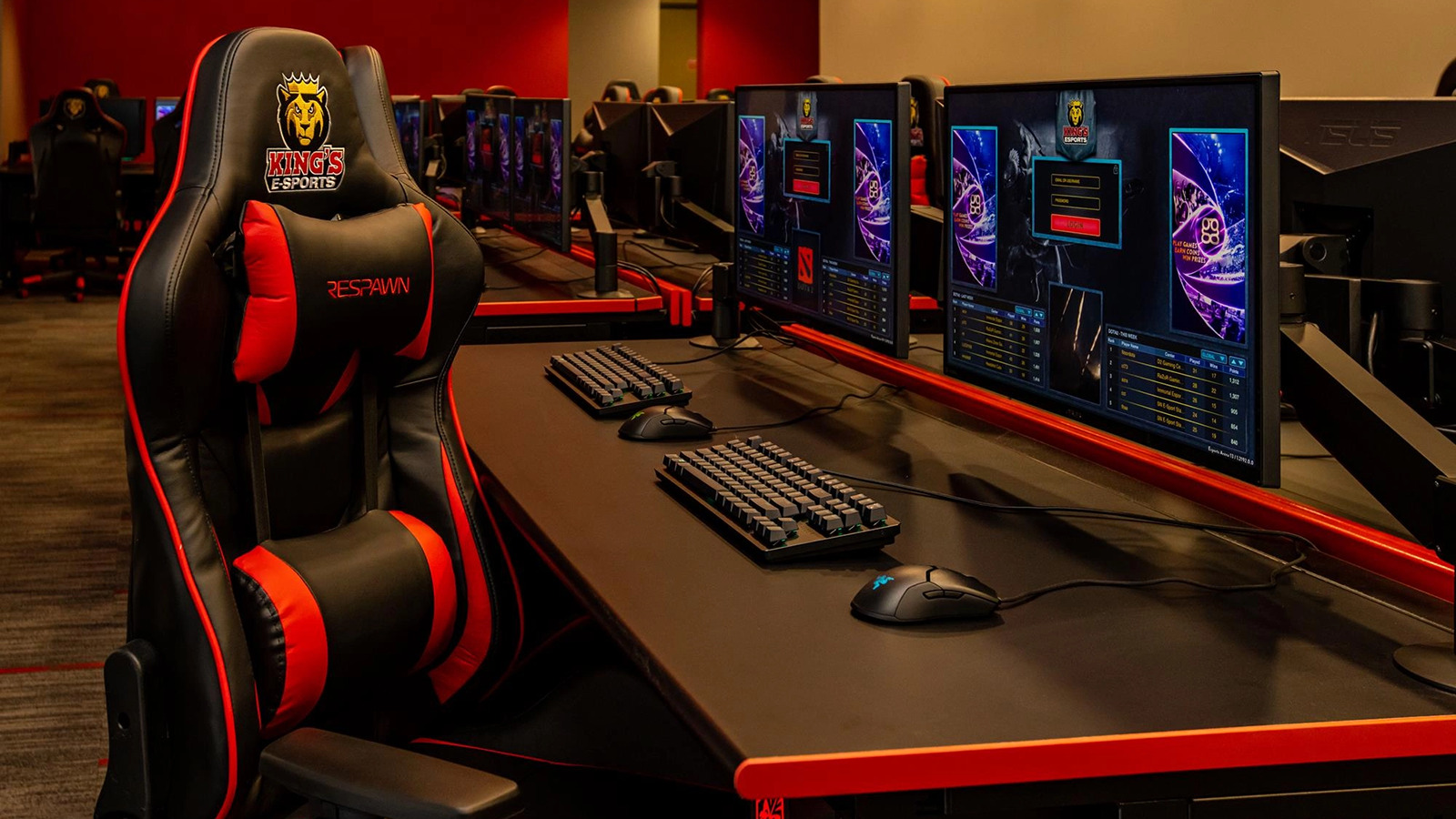Arkansas educators lead the way in promoting diversity and dispelling toxicity in gaming.
Esports in middle and high schools is gaining traction across the country, offering students a unique avenue to explore their passion for gaming while fostering teamwork and critical thinking skills. In Arkansas, female coaches April Coats and Eden Buergler are taking the lead in developing inclusive esports programs that empower students of all backgrounds and genders. Their efforts not only aim to increase diversity in gaming but also combat toxic behavior often associated with online gaming communities.
Building the Foundations of Esports Programs
When April Coats, an EAST (Environmental and Spatial Technology) educator at Northside High School, saw her students advocating for an esports team as part of a project-based learning assignment, she recognized the potential of bringing esports to Fort Smith Public Schools. With the Arkansas Activities Association partnering with the PlayVS esports platform around the same time, it was the perfect opportunity to launch the program. Despite not being an avid gamer herself, Coats took on the role of coach and started with a single League of Legends team. Since then, the program has steadily grown, and Coats now oversees more than 40 students competing in various games, including League of Legends, Rocket League, Mario Kart, and Super Smash Bros.
Similarly, Eden Buergler, a media specialist and esports coach at Darby Middle School, embraced the gamification of content and curriculum throughout her 24-year career in education. Inspired by Coats’ initiative, Buergler started an esports program at the middle school level with the support of donated Xboxes. Her long-term goal is to expand the program to the high school level and create a dedicated space for esports competitions within the school premises.
Creating an Inclusive and Positive Environment
Coats and Buergler are dedicated to fostering an inclusive atmosphere within their esports programs. Coats believes that word of mouth plays a crucial role in attracting new students, particularly girls who may be hesitant due to the prevalent toxicity in online gaming. By setting clear expectations and emphasizing respect, Coats ensures that her students feel safe and comfortable in the esports environment. She gradually introduces communication privileges to students, starting with simple phrases like “good game” and gradually expanding their ability to interact with other teams as they demonstrate responsibility.
Buergler echoes Coats’ sentiment, emphasizing the importance of inclusivity in her middle school program. While dealing with occasional behavioral issues, Buergler has witnessed how the esports program has provided a sense of belonging to students who may have felt like outcasts in other areas of school life. The supportive environment has not only boosted their self-confidence but also helped them develop friendships and improve their social skills.
Beyond Gaming: The Pathway to Future Opportunities
Coats and Buergler recognize that esports can serve as a gateway to future opportunities for students. With a focus on career readiness, Buergler, who is computer science certified, highlights the connections between esports, STEM education, and coding. She emphasizes that colleges actively recruit players from high school esports programs, opening doors to potential scholarships and careers in the rapidly growing field of game design.
Arkansas State University offers bachelor’s degrees in digital technology and design, with a specialization in game design, as well as fine arts with an emphasis in game design. These programs provide esports students with avenues to further their education and pursue their passion professionally.
As April Coats continues to guide her esports teams to success and Eden Buergler lays the foundation for future growth, their efforts are paving the way for inclusive and empowering esports programs in Arkansas schools. By dispelling toxicity and promoting diversity, these female coaches are making a significant impact on the lives of their students, both within and beyond the gaming world.
Esports in schools is no longer just a niche interest; it has become a thriving and influential part of the education landscape. Coaches like April Coats and Eden Buergler are leading the way in Arkansas, using their expertise and passion to create inclusive environments that break down barriers and cultivate a love for gaming among students. Through their dedication and innovative approaches, they are transforming the perception of esports and demonstrating its potential as a valuable educational tool.
The impact of their efforts goes beyond the games themselves. Coats and Buergler understand the importance of teaching life skills and fostering personal growth through esports. By emphasizing values such as teamwork, communication, and respect, they are preparing students for success in an increasingly digital and interconnected world. Through their guidance, students not only develop gaming abilities but also gain confidence, build friendships, and explore career opportunities in fields like game design and technology.
As the popularity of esports continues to grow, it’s coaches like Coats and Buergler who are shaping the next generation of gamers, leaders, and innovators. Their dedication to creating inclusive and supportive environments is breaking down stereotypes and empowering students to pursue their passions without fear or hesitation. With their guidance, the future of esports in education looks bright and promising.




